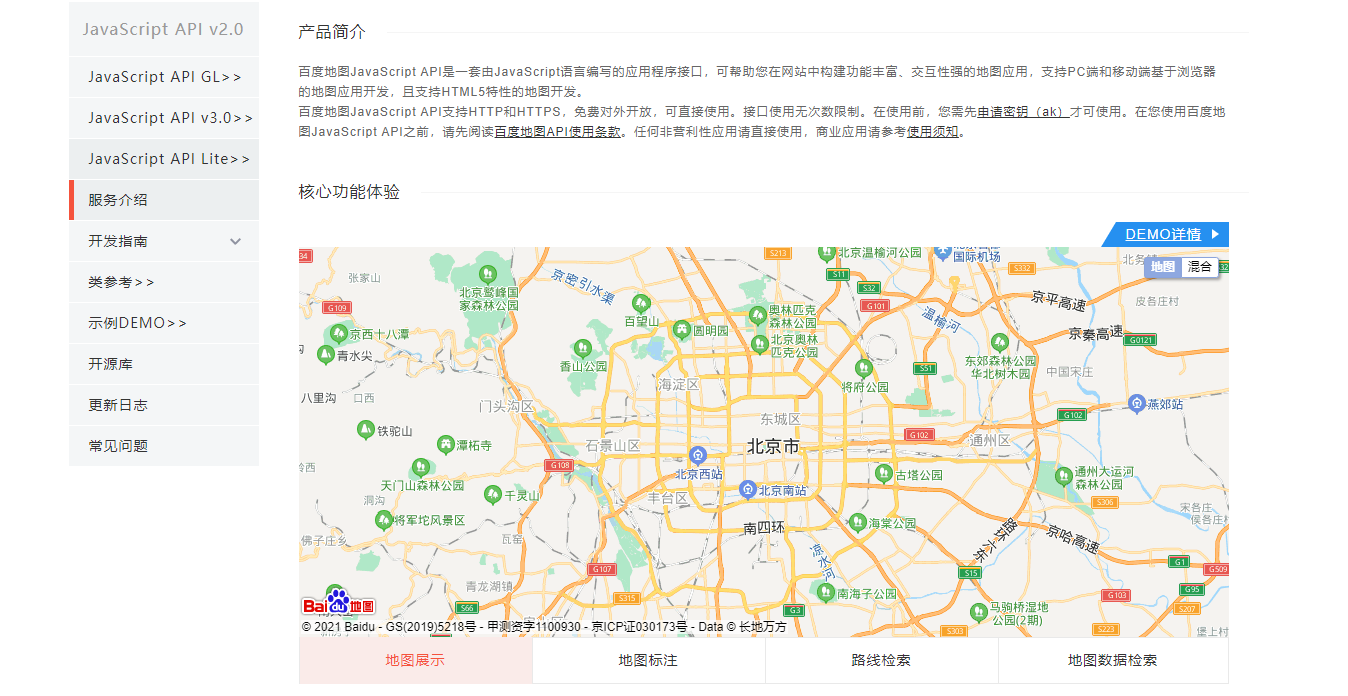目录
- 1.首先是main.js页面做配置
- 2.配置相应路径下的语言包,在这儿只显示部分代码,需要什么在这儿添加什么即可
- 3.页面中使用,不同的地方使用,写法略有不同
在这家公司一个项目, 需要添加英文版本,就是中英文化了,直接上代码
1.首先是main.js页面做配置
import VueI18n from 'vue-i18n'
Vue.use(VueI18n) // 通过插件的形式挂载
const i18n = new VueI18n({
//locale: 'zh-CN', // 语言标识
locale: 'Chinese', // 语言标识
//this.$i18n.locale // 通过切换locale的值来实现语言切换
messages: {
'Chinese': require('./common/lang/zh'), // 中文语言包
'English': require('./common/lang/en') // 英文语言包
},
//隐藏警告
silentTranslationWarn: true
})
new Vue({
el: '#app',
router,
i18n,
components: { App },
template: '<App/>'
})
2.配置相应路径下的语言包,在这儿只显示部分代码,需要什么在这儿添加什么即可
en.js
export const m = {
deviceCode: 'Device Code',//设备编码
deviceName: 'Device Name',//设备名称
deviceType: 'Device Type',//设备类型
denial: 'Denial',//拒止
camera: 'Camera',//摄像机
}
zh.js
export const m = {
deviceCode: '设备编码',//设备编码
deviceName: '设备名称',//设备名称
deviceType: '设备类型',//设备类型
denial: '拒止',//拒止
camera: '摄像机',//摄像机
}
3.页面中使用,不同的地方使用,写法略有不同
(1)placeholder和按钮的写法
<el-row :gutter="30">
<el-col :span="4">
<div class="grid-content bg-purple">
<el-input v-model="value0" :placeholder="$t('m.placeOne')"></el-input>
</div>
</el-col>
<el-col :span="8">
<div class="grid-content bg-purple">
<el-button @click="searchData()" type="primary" icon="el-icon-search">{{ $t('m.query') }}</el-button>
<el-button @click="dialogVisible = true" type="warning">{{ $t('m.AddDevice') }}</el-button>
</div>
</el-col>
</el-row>(2)table的写法
<el-table
:data="tableData"
stripe
style="width: 100%;">
<el-table-column
prop="areaName"
:label="$t('m.areaName')"
width="100">
</el-table-column>
</el-table>
(3)子组件弹框写法
<el-dialog :title="$t('m.Ediedevice')" :visible.sync="dialogVisibles" width="30%" :before-close="handleClose" :close-on-click-modal=false>
<edit-equipment @subsuccess="subsuccess" :editDate="editDate" style="overflow: hidden;"></edit-equipment>
</el-dialog>
(4)js中拼接字符串写法
strHtml = strHtml + "<td>"+this.$i18n.t('m.deviceCode')+":</td>";
以上就是vue后台管理添加多语言功能的实现示例的详细内容,更多关于vue后台管理添加多语言功能的资料请关注NICE源码其它相关文章!












